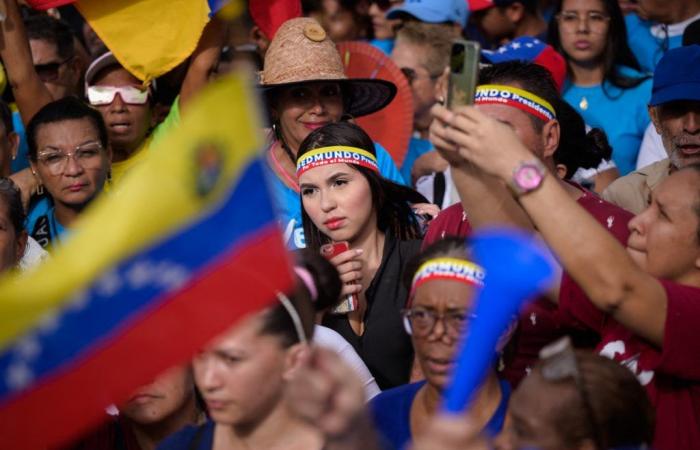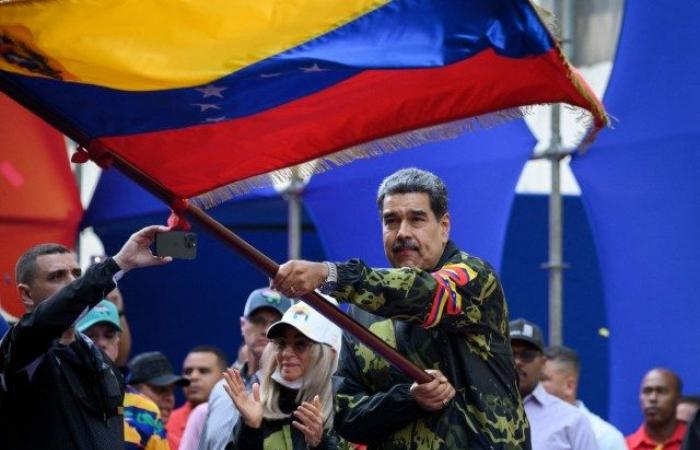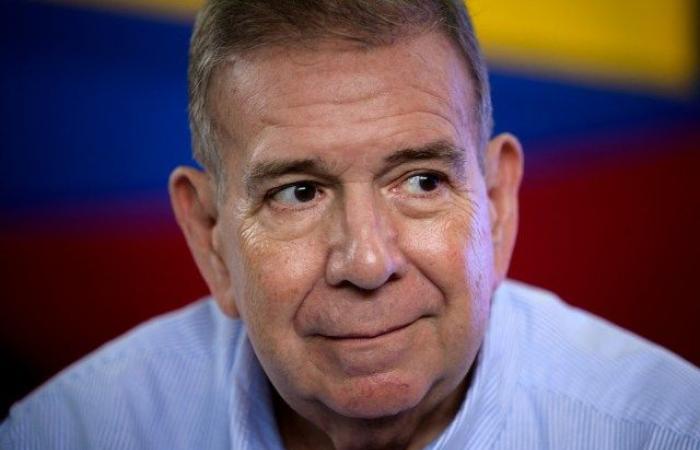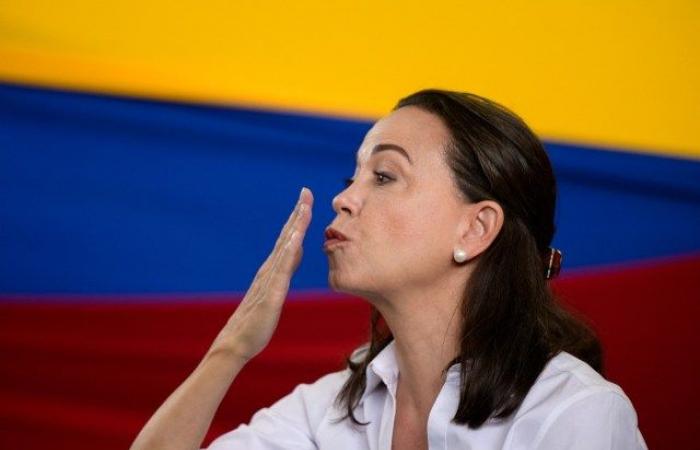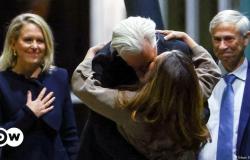
There is little to rely on in the Venezuelan elections, which is why the July 28 vote has become interesting. Nicolás Maduro has had firm control of the country’s presidency since 2013, when he succeeded his late mentor and predecessor, Hugo Chávez. Lately, Maduro has purged his inner circle, somehow managed to stabilize an unstable Venezuelan economy, and now appears willing to take his chances with an open vote.
By Bloomberg
Against all odds, a credible opposition candidate, Edmundo González Urrutia, remains in the race. So far, Maduro is letting González run, which could be his attempt to show the international community that he has taken a step toward fairer elections.
But what makes this election even more compelling is the main figure of the Venezuelan opposition, María Corina Machado. Despite being excluded from the polls, Machado has continued campaigning throughout the country, organizing spontaneous demonstrations that last into the night; The flashlights on supporters’ mobile phones have become a powerful symbol of the opposition. Machado’s support could continue to help González, who currently has a 20 percentage point lead over Maduro in the polls.
How have the elections developed before?
In previous races, such as the 2018 presidential contest, the opposition chose to boycott the vote. The results were disastrous for the opposition, disenchanting voters and contributing to low turnout; Maduro obtained almost 68% of the votes.

The clear manipulation on Maduro’s behalf before the race led the international community to question the legitimacy of the vote, eventually leading to dozens of countries recognizing then-opposition leader and president of the National Assembly, Juan Guaidó, as leader of the country instead of Maduro. That strategy ultimately failed, leaving many Venezuelans living abroad in a diplomatic gray zone that remains unresolved.
So what’s different about this election?
Venezuela’s opposition movement has endured two decades of persecution and harassment, along with much infighting, failed strategies, and exiled leaders. However, this time the opposition sees a unique opportunity for political change, with a unified opposition leadership and growing disapproval of Maduro’s management. The opposition also scored a notable victory in 2022, when it beat Maduro’s party in a gubernatorial race in Chávez’s birthplace.

But the fear of strange things persists. While Maduro has said he would sign an agreement with other presidential candidates to recognize the results of the race, sources with knowledge of the matter also say his administration is considering disqualifying González or blocking the opposition coalition. There is also the possibility that Maduro will suspend the elections or alter the results. Venezuela’s Information Ministry said the idea that Maduro had plans to cheat was unfounded speculation.
Read more on Bloomberg

